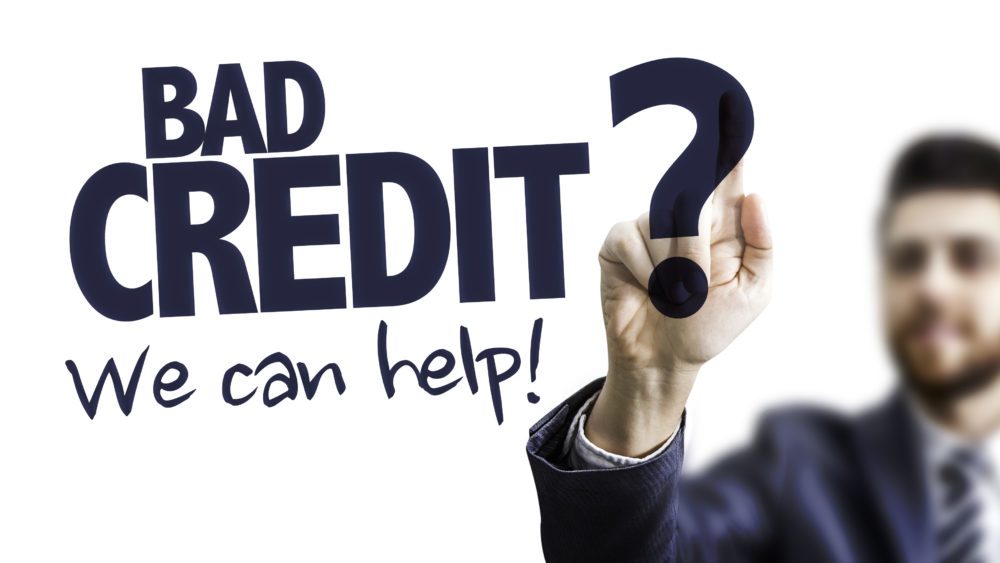
Do you have bad credit? While legitimate credit repair services can help improve your credit scores, you can do the work yourself and save money. Here’s how.
- Pull your credit report at www.annualcreditreport.com. It’s free. Each credit reporting agency, Experian, Equifax and Transunion, will have its own detailed report on your history. Study each and look for errors. For example, if you had a debt go to collections that has been sold to other collection agencies, it should only show as one debt — not multiple ones. Fix any errors by writing to each agency with supporting documentation. If an ex-spouse is lowering your credit score, supply all three agencies with a copy of your divorce decree.
- If you spot an error caused by identity theft, send all three agencies documentation that you have disputed the fraudulent account along with affidavits attesting that they were not opened by you, and police reports on the crimes committed against you. This is a slow, difficult process.
- To rebuild your score, use your cards wisely and pay them on time. Your payment history and utilization account for 65 percent of your credit score so it’s beneficial to use your cards regularly and pay them on time each month.
- A history of paid-off accounts amounts to about 15 percent of your score so completely paying off a loan will help boost your score.
- The remaining 20 percent of your credit score is attributable to diversified debt. In other words, it’s best to have more than one type of loan on your credit report. A mortgage and a credit card will give you a higher score than having only a mortgage.
- If a credit repair service promises to “erase” bad marks on your credit that are genuine problems you have had, it is a scam. Legitimate blemishes on your report can only be removed over time by reestablishing good credit practices.
- If you still think you need help from a credit repair service, do your research. Look at online reviews, and check with the Better Business Bureau, the website for your state’s attorney general and the federal agency called the Consumer Financial Protection Bureau at https://www.consumerfinance.gov.
- If you are drowning with multiple debts, especially high-interest credit card debt, go to a bank that offers debt consolidation loans. Not all do. Start a good relationship with a banker who can help you.
- If you have multiple federal student loans, contact www.studentloans.gov and investigate consolidation loans.
- Never resort to auto title loans or payday loans. These lending vehicles charge outrageous interest rates and, in the case of title loans, could cause you to lose your car.


